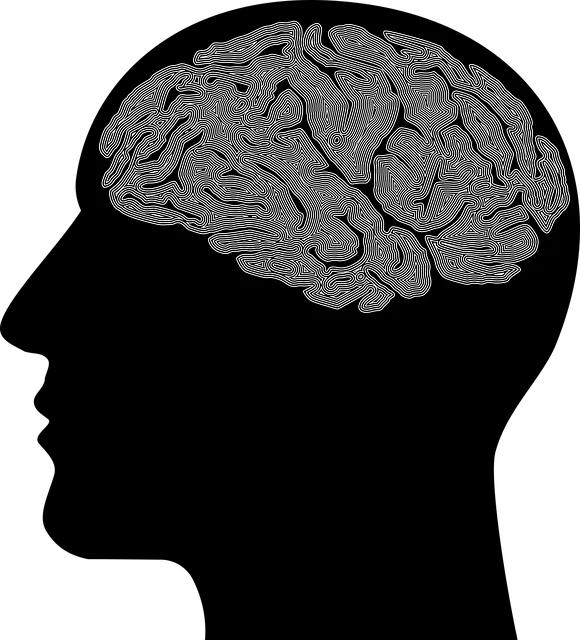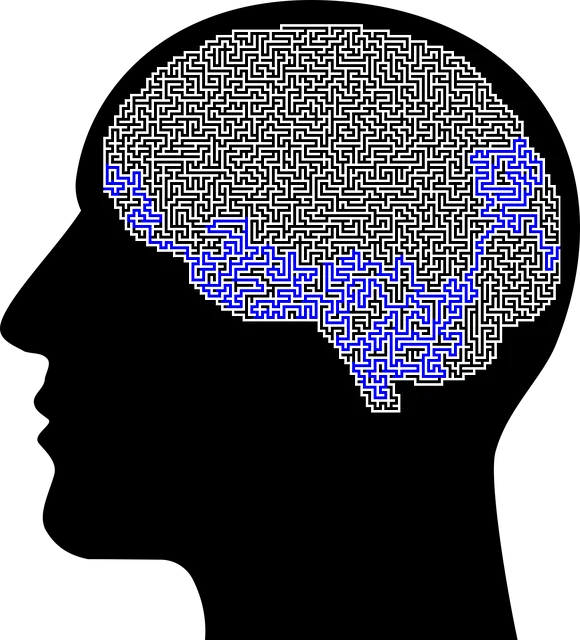Media portrayal significantly shapes public understanding of mental health, with positive representations fostering awareness and empathy, while negative or inaccurate portrayals can perpetuate stereotypes and stigmatization. Wheat Ridge Kaiser Permanente (WRKP) mental health locations prioritize cultural sensitivity and empowerment through diverse patient environments, initiatives promoting inner strength like mental wellness journaling, and comprehensive services including therapy and conflict resolution programs. WRKP aims to destigmatize mental health issues by offering evidence-based care, collaborating with media creators for accurate representations, and involving individuals with lived experiences to enhance narratives centered around mental wellness. Their efforts play a key role in revolutionizing society's perception of mental health challenges.
Mental illness representation in media significantly influences public perception and understanding of these conditions. This article explores the impact of media portrayal on mental health, focusing on strategies for accurate depiction. We delve into the current state of mental health services, as seen through Wheat Ridge Kaiser Permanente’s initiatives, reaching diverse communities with comprehensive care. By examining successful collaborations, we uncover ways to foster change in media depictions, ensuring more nuanced and compassionate representations of mental illness.
- Understanding the Impact of Media Portrayal on Mental Health Perception
- The Current State: Exploring Wheat Ridge Kaiser Permanente's Mental Health Locations and Their Reach
- Strategies for Accurate and Compelling Mental Illness Representation in Media
- Fostering Change: Collaborative Efforts to Improve Media Depictions of Mental Health
Understanding the Impact of Media Portrayal on Mental Health Perception

Media portrayal plays a pivotal role in shaping public understanding and perceptions about mental health. The way mental illnesses are depicted in films, television shows, and news media can significantly influence how society views and treats individuals living with these conditions. Positive representations, such as powerful narratives that showcase recovery and resilience, contribute to increased awareness and empathy. Conversely, negative or inaccurate portrayals can perpetuate stereotypes, leading to stigmatization and potential barriers for those seeking help at Wheat Ridge Kaiser Permanente mental health locations.
At Wheat Ridge Kaiser Permanente, a commitment to enhancing cultural sensitivity in mental healthcare practice is evident in their comprehensive approach to treatment. By fostering an environment that reflects the diverse backgrounds of their patients, they aim to address unique challenges faced by different communities. Additionally, promoting inner strength development through initiatives like mental wellness journaling exercise guidance empowers individuals to take charge of their mental health journey, encouraging proactive self-care alongside professional support.
The Current State: Exploring Wheat Ridge Kaiser Permanente's Mental Health Locations and Their Reach

Wheat Ridge Kaiser Permanente stands as a beacon of hope and support for individuals navigating mental health challenges. Their dedicated mental health locations offer a range of services, from therapy sessions to specialized programs tailored to diverse needs. The organization’s commitment extends beyond clinical care, with initiatives like Mental Wellness Coaching Programs Development focusing on empowering individuals to manage their mental health proactively. By integrating these programs into the community, Wheat Ridge Kaiser Permanente fosters an environment that promotes mental wellness and encourages open conversations about mental illness.
Moreover, the integration of Conflict Resolution Techniques and Stress Reduction Methods within these locations underscores the comprehensive approach to mental healthcare. These evidence-based strategies equip individuals with valuable tools to navigate life’s stresses, resolve conflicts, and cultivate resilience. Through their extensive reach, Wheat Ridge Kaiser Permanente’s mental health locations aim to destigmatize mental illness, making quality care accessible to those who need it most.
Strategies for Accurate and Compelling Mental Illness Representation in Media

The media plays a powerful role in shaping public perception, and accurately representing mental illness is crucial for fostering understanding and reducing stigma. When depicting mental health conditions in films, television shows, or news media, creators can employ several strategies to ensure authenticity and sensitivity. One key approach is consulting with mental health professionals and individuals living with these conditions to gain insights and ensure accuracy. This collaboration can help avoid stereotypes and provide a more nuanced portrayal.
Additionally, incorporating diverse representations of mental illness is essential. Media has a unique opportunity to showcase various conditions, such as depression, anxiety disorders, or schizophrenia, and portray characters with depth and complexity. By doing so, it can encourage viewers to connect with these stories and promote empathy. For instance, Wheat Ridge Kaiser Permanente mental health locations offer specialized services designed to cater to these diverse needs, emphasizing the importance of tailored care in media representation. Incorporating real-world resources like these can further enhance compelling narratives centered around mental wellness.
Fostering Change: Collaborative Efforts to Improve Media Depictions of Mental Health

Fostering positive change in media representation of mental health is a collective responsibility that involves various stakeholders. Organizations like Wheat Ridge Kaiser Permanente mental health locations play a pivotal role by providing expert guidance and resources to the media industry. Through collaborative efforts, these institutions can offer evidence-based insights and real-life stories from their extensive experience treating individuals with diverse mental health conditions. By involving people with lived experiences in storytelling and creative processes, media platforms can ensure more authentic and nuanced portrayals of mental wellness, anxiety relief, burnout prevention, and the overall spectrum of human emotional experiences.
This collaborative approach extends beyond professional advice; it encourages open dialogue and education to dispel myths and stereotypes surrounding mental health. By integrating these conversations into the media landscape, communities can foster a greater sense of understanding and empathy, leading to improved support systems for those facing mental health challenges. Such initiatives have the potential to revolutionize how society perceives and addresses mental wellness, ultimately contributing to more effective and compassionate narratives in the media.
Media representation plays a pivotal role in shaping societal perceptions about mental illness. By implementing accurate and compelling strategies, we can foster understanding and reduce stigma. The efforts of organizations like Wheat Ridge Kaiser Permanente, with their dedicated mental health locations, highlight the importance of accessible resources. Collaborative initiatives between media outlets, healthcare professionals, and support groups are essential to drive positive change, ensuring that portrayals of mental illness in the media become more nuanced, empathetic, and reflective of real-world experiences.



